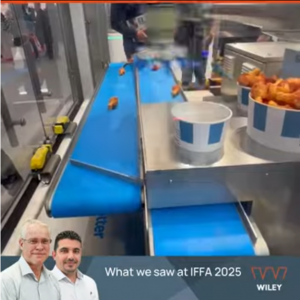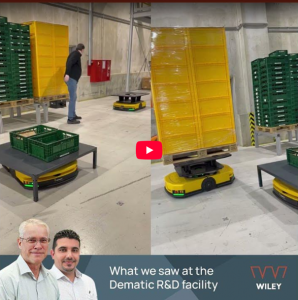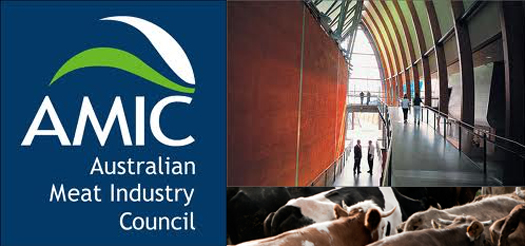
National Wine Centre, Adelaide, 4th-6th September 2012
As Wiley representatives, Peter Gilbertson and I attended the Australian Meat Industry Council (AMIC) Business Forum, which was held in the exquisitely barrel-esque Adelaide National Wine Centre this year.
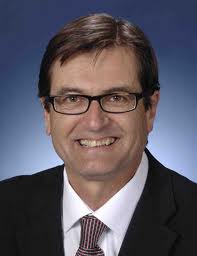
The Honourable Greg Combet AM MP, pictured above, Minister for Industry & Innovation and Minister for Climate Change & Energy Efficiency opened the proceedings with his keynote address. He delivered a lengthy, informed, and eloquent speech that touched on government initiatives and decisions to reduce carbon pollution and improve energy efficiency within the meat industry.
Most importantly, he highlighted that at least 10 Australian meat processing facilities are likely to be directly liable under the carbon pricing mechanism. Naturally, Mr. Combet focussed on the actions the government is taking to assist the meat industry, specifically, consideration of easing the eligibility criteria to access initiatives like the Clean Technology Investment Program (CTIP).

The CTIP is a national government financial restitution program that hopes to assist large meat processing factories to reduce their CO2 emissions. Furthermore, he illustrated the government’s desire to assist the meat industry to the best of its ability, noting a consideration of issuing rendering plants free carbon permits to aid their transition as an integral sector of the meat industry.
Luke Bowen from the Northern Cattlemen’s Association described the challenges that exist in rearing cattle in the Northern half of Australia. Mr. Bowen emphasised the absence of cattle processing facilities in Northern Australia despite the fact that the majority of Australia’s cattle are grown in the area. This leads to significant cost increases in transportation and subsequent surges in CO2 emissions, for larger companies.
He made the argument that with only 1% of land developed in Northern Australia there is a genuine opening in the cattle processing market and a looming opportunity for business growth. Continuing to focus on the livestock market, he also highlighted that 52% of the world’s population lives in Asia. With the world’s fastest growing consumer market right on our doorstep, Mr. Bowen stipulated that the meat industry needs to be prepared and well positioned to take advantage of this.
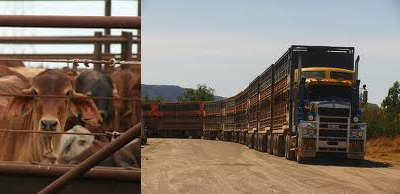
General Manager of the Murray Goulburn Co-operative, Robert Poole, spoke about the challenges facing the dairy industry. He spoke particularly about how the dairy industry is responding to the government’s carbon pricing policies especially given the recent supermarket milk price wars and the increasing competition within the industry.
Mr. Poole focussed on the current plans to align the carbon unit price with the European carbon market, however there is considerable concern that while in Europe the dairy industry is exempt from the emission trading scheme, in Australia, it is not. Currently, there are no plans to reconcile this.
Consequently, the dairy industry is concentrating their efforts on improving energy efficiency, developing a greater range of value-added dairy products, and exploring new markets. Research suggests that there are over 1 billion people in the Asia region who have never tasted milk or milk products and with the dairy industry looking at expansion opportunities into the Asian market this provides a hopeful and ambitious future for the industry.
Delegates from McDonald’s Asia Pacific Consortium (MAC), Frank Carbone and Phil Southworth discussed the McDonald’s approach and relationship with the meat industry.
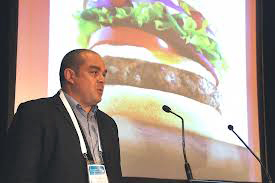
This approach operates on the 3 ‘E’s principle: Environment, Economy, and Ethics. McDonald’s profess these as the guiding principles for conducting a progressive business model. McDonald’s recognise that their customers are interested in the story behind the food; a realisation which informs their business model.
On this venture we were lucky enough to meet with meat processors such as: Kilcoy Pastoral Company, T & R Pastoral, G & K O’ Connor, John Dee, Midfield Group, and Stanbroke Beef. Meetings with other delegates included Food Processing Equipment (FPE), Foss Pacific, McDonalds (MAC), MLA, Milmeq, Rabobank, Port of Melbourne, Scott Technology, and Trident Global.
This is an important event for Wiley. An integral opportunity to network with our industry partners, clients, and equipment and solution providers to discuss key issues and explore future prospects. These forums help us keep our finger on the pulse of the industry providing us with direct access to current thinking, future trends, and possible new markets.
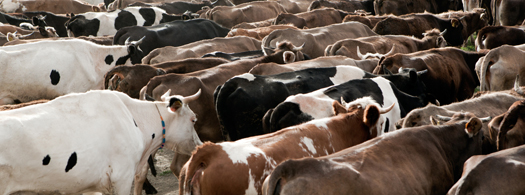
The overall feeling I came away with is that the meat industry is alive and well; yet, as the title of this report enforces, we must keep the momentum rolling, keep charging forward, as a herd, embracing the economic and environmental challenges ahead, innovating solutions and evolving into leaders of a new, more efficient and progressive industrial environment.

About the author
Peter Bullock is a Business Development Manager at Wiley and can be contacted on 1300 385 988 or email connect@wiley.com.au.
